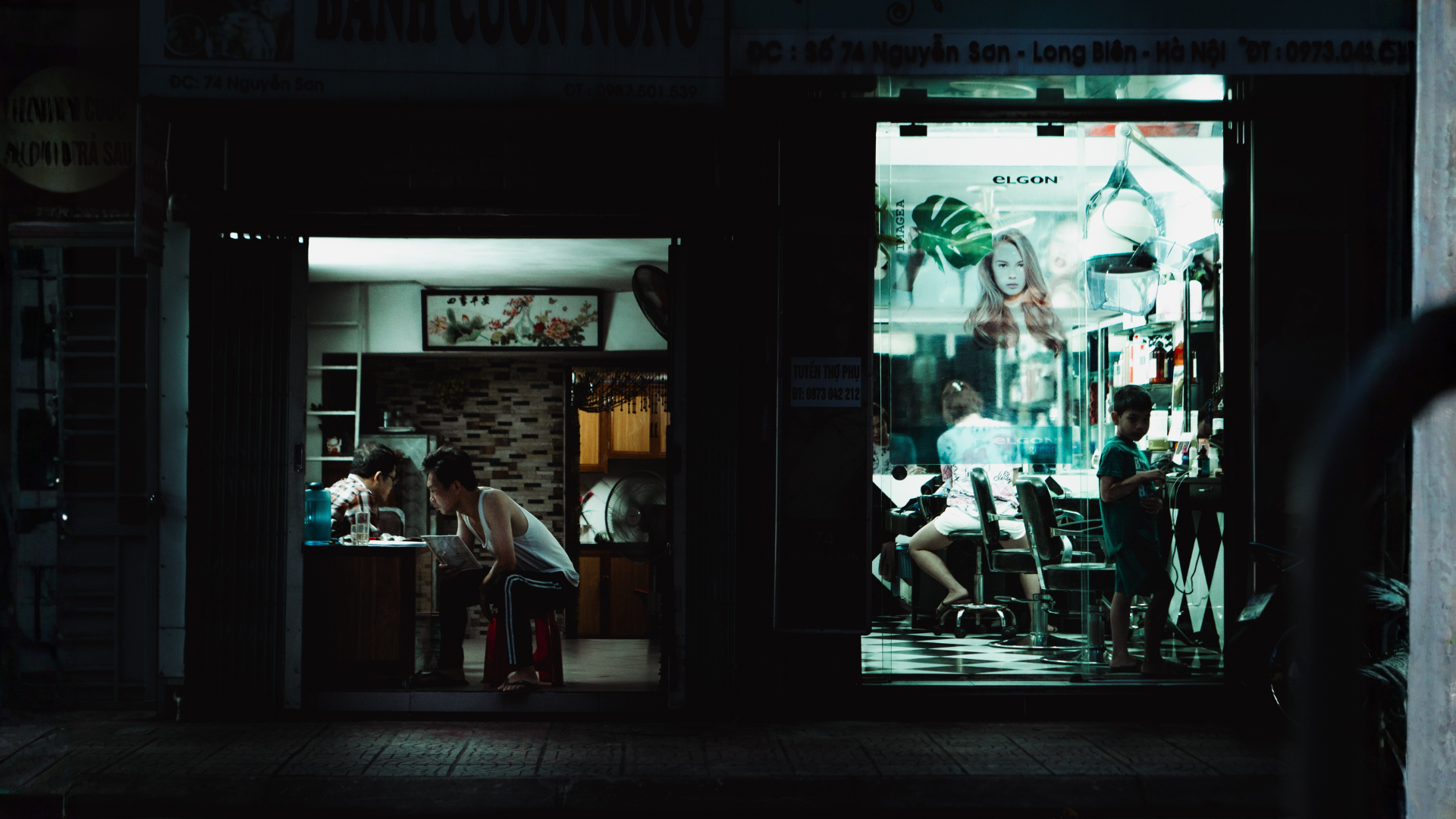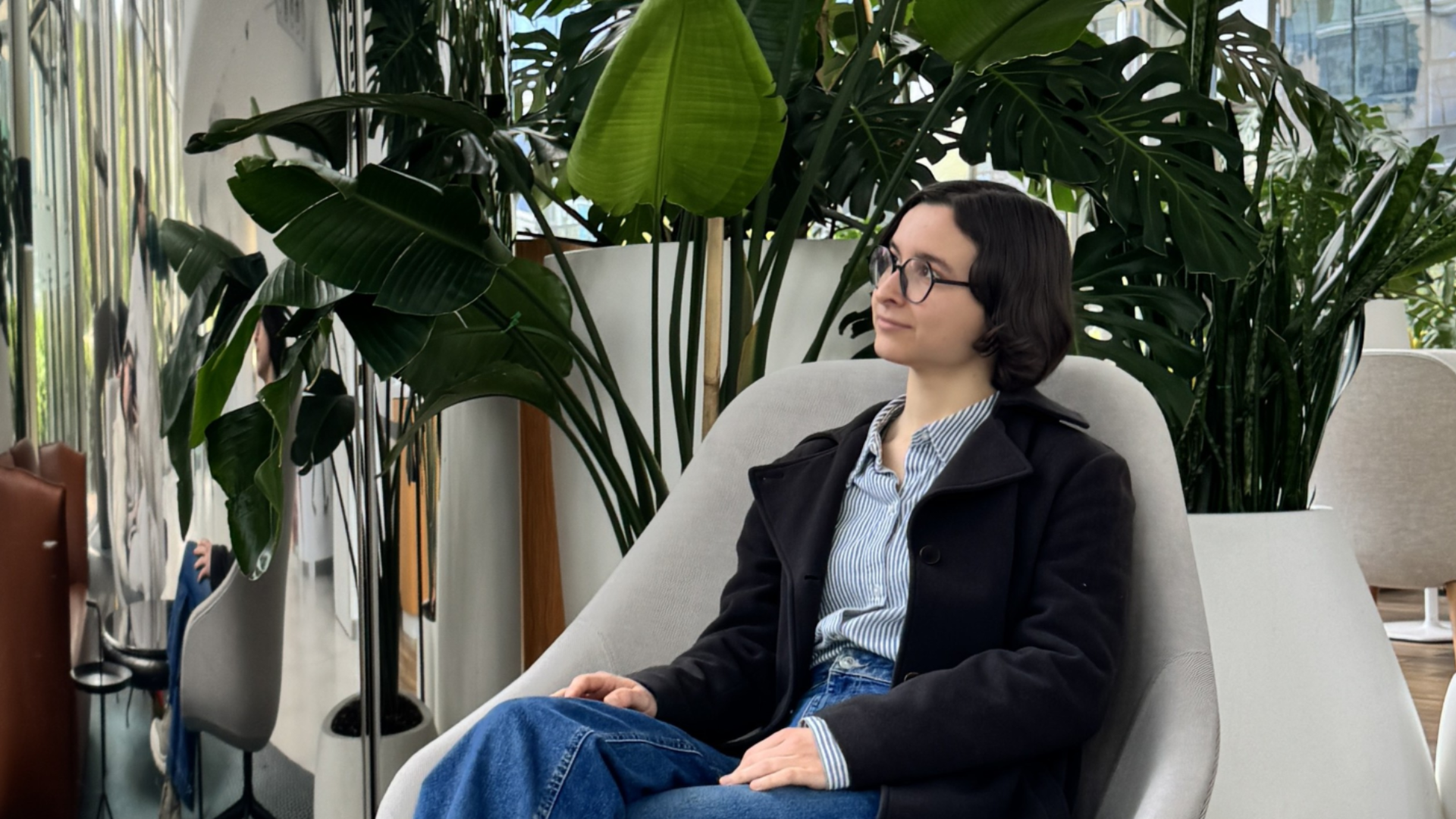Content that changes us: do you know who you are becoming?
The information we consume every day shapes our personality and influences our lives. It is important to consciously choose content to become the best version of yourself.
Table of contents
Loss of reference points and identity crisis
Superficiality of thinking and division of society
Information overload and devaluation of tradition
Conscious choice of content for personality formation
Loss of reference points and identity crisis
We live in an era when content penetrates all areas of our lives. Every day we absorb huge amounts of information: news, social media, advertising, movies, books, music. But do we ever think about how this content shapes our personality? How does it influence our goals, worldview, and life outcomes? We are a reflection of what we interact with, so it is important to be conscious of what we consume.
One of the main challenges of our time is the loss of guidelines. In a world where "everything has the right to exist," it is difficult to determine what is true, right, and good. The lack of clear moral guidelines leads to moral confusion and indifference. People often do not know what is significant and what is just temporary noise. This can lead to feelings of helplessness and loss of connection with their true aspirations.
Identity crisis is another challenge we face. In an environment where there are endless options for self-expression and choice, we often don't know who we really are. We can get confused about our desires, goals, and even what is essential. This uncertainty creates deep existential crises, anxiety, and depression. To understand ourselves, we need to clearly define what is important to us, and not just follow what society offers.
Superficiality of thinking and the split in society
Superficiality of thinking is another problem created by modern digital culture. The speed of content consumption and the constant switching between different sources means that we stop delving into the essence. Thinking becomes clip and fragmented: we don't pay attention to details, don't do in-depth analysis, and make decisions based on superficial facts. To fix this, we need to learn to think critically and give ourselves time for deep reflection.
The division of society is a consequence of pluralism, when everyone lives in their own "information bubble." Pluralism is supposed to promote the development of different ideas and points of view, but often turns into polarization. This makes dialogue and cooperation between different groups difficult. This results in distrust, conflict, and even isolation. To overcome this, it is important to look for common ground and a willingness to engage in constructive dialogue.
Information overload and devaluation of tradition
Information overload has become the norm in our lives. The constant flow of news, memes, trends, and opinions causes fatigue, decreased concentration, and a feeling that we can't keep up with everything. This leads to stress and a sense of inefficiency. We need to learn how to filter information, highlight important points and focus on what really matters.
No less important is the devaluation of traditions. In a world where technology and new ideas are constantly changing, many old cultural, moral and religious traditions are perceived as outdated or unnecessary. This erodes the value base of society, which can lead to a loss of stability and guidance. Preserving traditions and deep moral principles is essential for maintaining harmony and order in society.
Conscious choice of content for personality formation
What can you do to preserve your identity and avoid becoming a victim of information overload? Conscious choice of content is the first step towards personal development. The content we consume shapes our thinking, our beliefs, and even our actions. Therefore, we need to be careful and critical of what we choose. We should choose only what helps us grow, develop and get closer to our true goals.
Our life outcomes are the result of what we allow to influence us. Therefore, it is important to build our information environment in such a way that it helps us become better. Consciously choosing content will help us maintain inner harmony, develop critical thinking, and achieve the results that really matter.
Don't let information impose its own reality - create your own by choosing what helps you grow and achieve your big goals.
 EN
EN  УКР
УКР  POL
POL 

